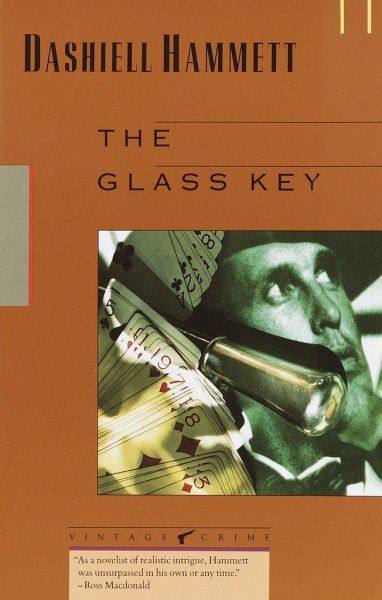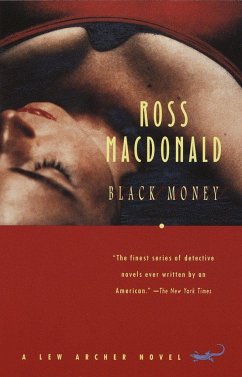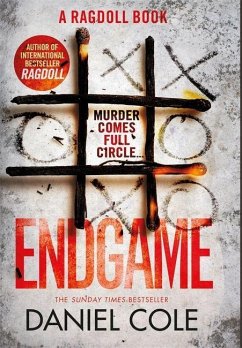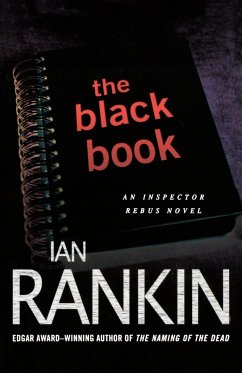
The Glass Key
Versandkostenfrei!
Versandfertig in über 4 Wochen
12,99 €
inkl. MwSt.
Weitere Ausgaben:

PAYBACK Punkte
6 °P sammeln!
A one-time detective and master of deft understatement, Dashiell Hammett virtually invented the hardboiled crime novel. This classic work of detective fiction combines an airtight plot, authentically venal characters, and writing of telegraphic crispness. Paul Madvig was a cheerfully corrupt ward-heeler who aspired to something better: the daughter of Senator Ralph Bancroft Henry, the heiress to a dynasty of political purebreds. Did he want her badly enough to commit murder? And if Madvig was innocent, which of his dozens of enemies was doing an awfully good job of framing him?













